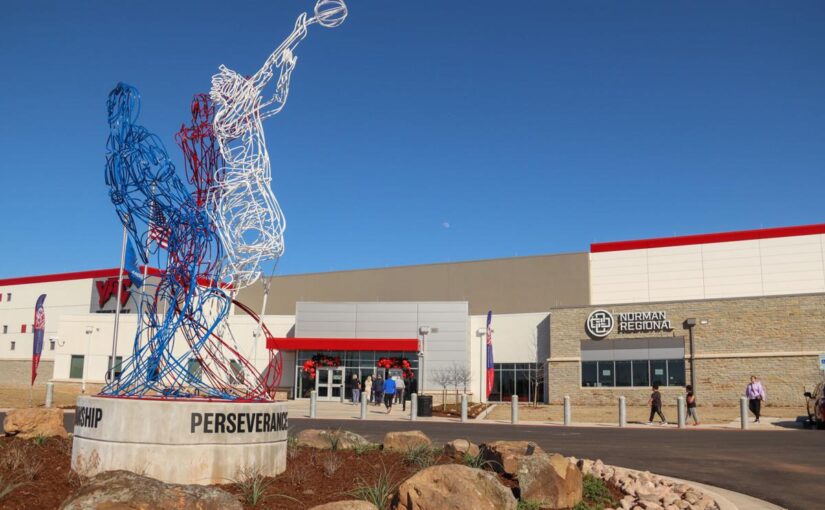New Jersey bill allows larger high schools to form co-ops
 The bill passed both the senate and assembly, and it currently awaits the governor’s signature. The New Jersey State Interscholastic Athletic Association (NJSIAA) stood against the proposal, arguing it took oversight away from the association and could lead to competitive imbalances among schools.
The bill passed both the senate and assembly, and it currently awaits the governor’s signature. The New Jersey State Interscholastic Athletic Association (NJSIAA) stood against the proposal, arguing it took oversight away from the association and could lead to competitive imbalances among schools.
“Removing any oversight or review will give districts the green light to create all-star teams from a combined school district talent pool. Every student, parent, administrator and coach should be very, very concerned.”
According to the NJSIAA, there are more than 20 school districts in New Jersey that have more than a single high school, with one district having as many as 12 high schools.
From NorthJersey.com:
Up until recently, the rule on the books at the NJSIAA was to allow smaller, Group 1 and Group 2 schools to share a program, but a recent vote held by the NJSIAA allowed larger schools to co-op for football.
That initiative started with a plea from West Windsor-Plainsboro, which was seeing to merge its two schools into one football team. That same school was apparently behind the formation of this proposal.
While North Jersey has a slew of successful co-op athletic programs, thanks to our number of small schools and small districts, there are only a handful of districts with more than one high school.
One of the reasons the NJSIAA didn’t like the bill was because of the possibility for the creation of so-called “Superteams” if a large school district got together.
The concern from the NJSIAA seems to be this: As written, the bill weakly defines the ways in which schools could enter into co-ops. It could be through decreased participation or safety concerns, but it also could be through budget constraints. If schools were motivated to merge their teams, it wouldn’t be hard to demonstrate difficulties in funding their respective programs.
But would they? The NewJersey.com article quotes a few administrators who say they have no interest in forming a co-op. And our own reporting over the years shows that most schools believe they lose some of their identity by merging with other programs. They do it out of necessity, as they would prefer to have a team displaying their logo, their name and their colors.
That doesn’t mean the bill isn’t cause for concern. Athletic associations have long been the governing body of high school sports, but more state governments are getting involved. In states like Florida, they’ve sought to remove all power from the athletic association and allow the state to make decisions on issues like student-athlete transfers.
Click here to read more on this story.







